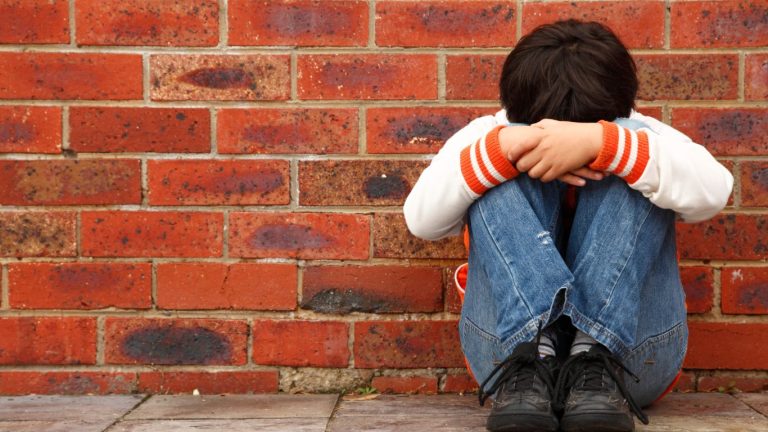No doubt we’re all on the same page when it comes to cyberbullying. It’s a terrible thing that some young people find themselves driven to take their own lives, and that cyberbullying appears to be a growing problem. Learn how to teach your kids to become more resilient to cyberbullying.
I look back at how I dealt with being teased (although I never would have said I was bullied) and what I remember, is fighting back.
I suppose I was taught by my parents to ‘appropriately’ stick- up for myself! I was also taught how and when to walk away.
Sticks and stones will break my bones, but names will never hurt me.
is something my mother used to teach me. While the name-calling could hurt, I also learnt quick-smart that I didn’t have to sit there and take it.
In other words, I learnt to discriminate between what was harassment and what was just kids mucking-about. I really don’t think things are that different now. The very same kind of bullies that existed then, exist now.
The research shows that bullying usually starts face-to-face and then it morphs to an online form. And one of the key differences with bullying via tech devices, is that where we used to walk away, kids continue to read texts, update their social profiles and remain connected to the very channel through which the harassment is coming from.
So, if you’re talking to a young person, here are my 7 tips for helping them to rise above the poor behaviour of others in real life or online.
Cyberbullying – 7 tips to teach kids resilience
1. Teach them to ‘self-talk’ to themselves that only people close to you matter
Someone once told me that in life many people will hold views about you and some of those views will be ill-founded. Only worry about what your family and close friends think about you, the others do not know who you really are, and their views are less important.
2. Report the bullies
The more pieces of the jigsaw puzzle an authority has (eg a school leader) the more they can see a pattern, which they can use in holding a tough conversation with a bully.
3. Disconnect – just ‘stop’ using your device for a bit – and give yourself time to work out what to do
It’s tempting to go into a tizz when you first feel insulted by someone, but part of becoming more mature is knowing when and ‘how’ to give a proportional response – including when to stop worrying about things that have no easy solution. You can’t control other people, but you can control what you do.
4. Sleep well – and even meditate
Sleep for 8.5 hrs per night (minimum) if you’re a teenager – and learn to meditate.
5. Don’t confuse people’s ‘right’ to complain or disagree with you as abuse or as an affront
This is not the same thing as bullying. Ask your teenager to tell you what happened and give them feedback. For example, someone looking at you the wrong way is not bullying. It may be unpleasant but it’s not that bad. We need to help kids define when teasing, joking, disagreeing, thoughtless language steps over the line from unfair/unpleasent to abusive. Then give them clear pathways to make a complaint.
6. Encourage your child to build an army of allies
Being a bystander is being complicit to bullying but being part of a bigger network, who refuse to allow bullying to occur and report it as a team, is empowering. Help your child to build a community around themselves.
Learn how to block, mute and report trolls and hate speech. Digital abstinence is unrealistic, managing a ‘friendship’ network so allies are central is key to using social media, to be… social! Learn how to do these things right alongside your child. This way you can remind them how to defend themselves against bullying, if they end up in the middle of something.
On a concluding note, we teach young people to defend themselves using Karate or Taekwondo. Shouldn’t we also be helping them to defend themselves psychologically? Share your thoughts in the comments below.
Find out more about Keeping your kids safe on Instagram. Or check out our Grown ups: Technology section for lots more expert online safety advice.





